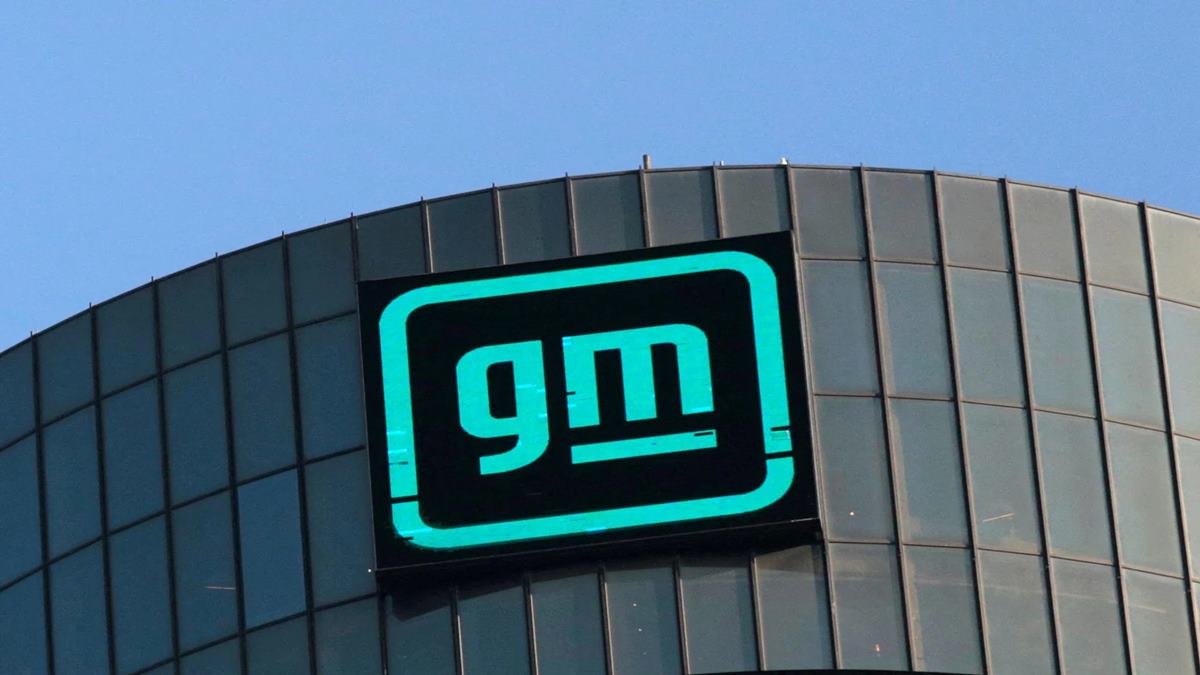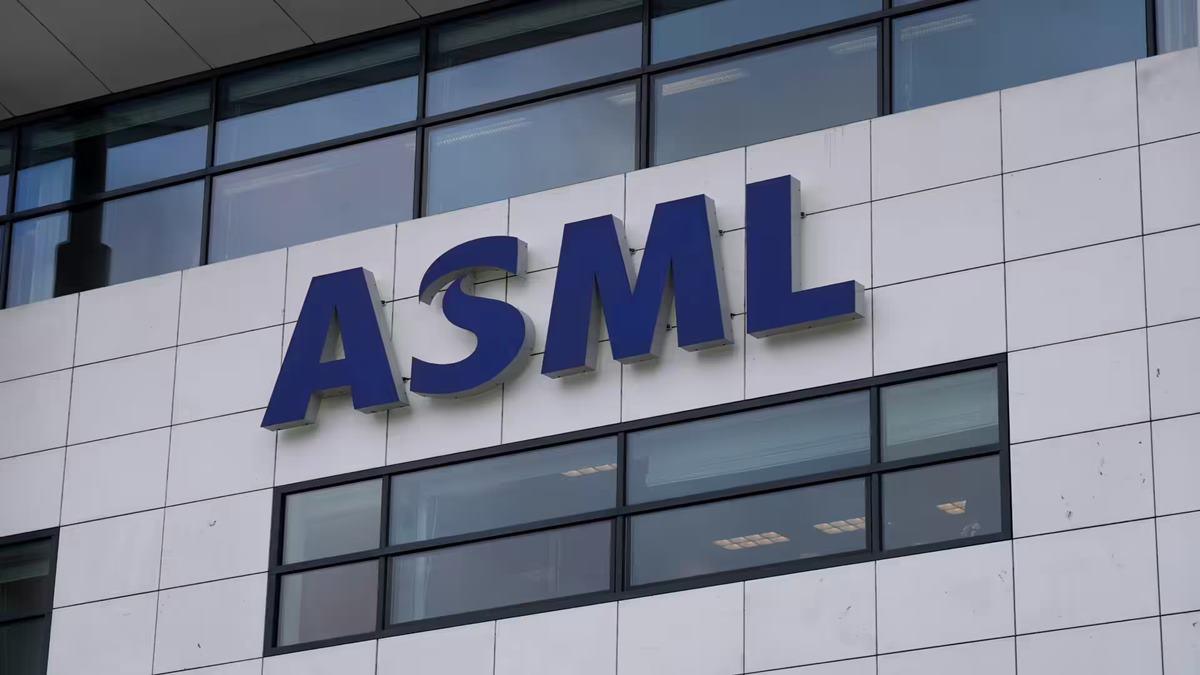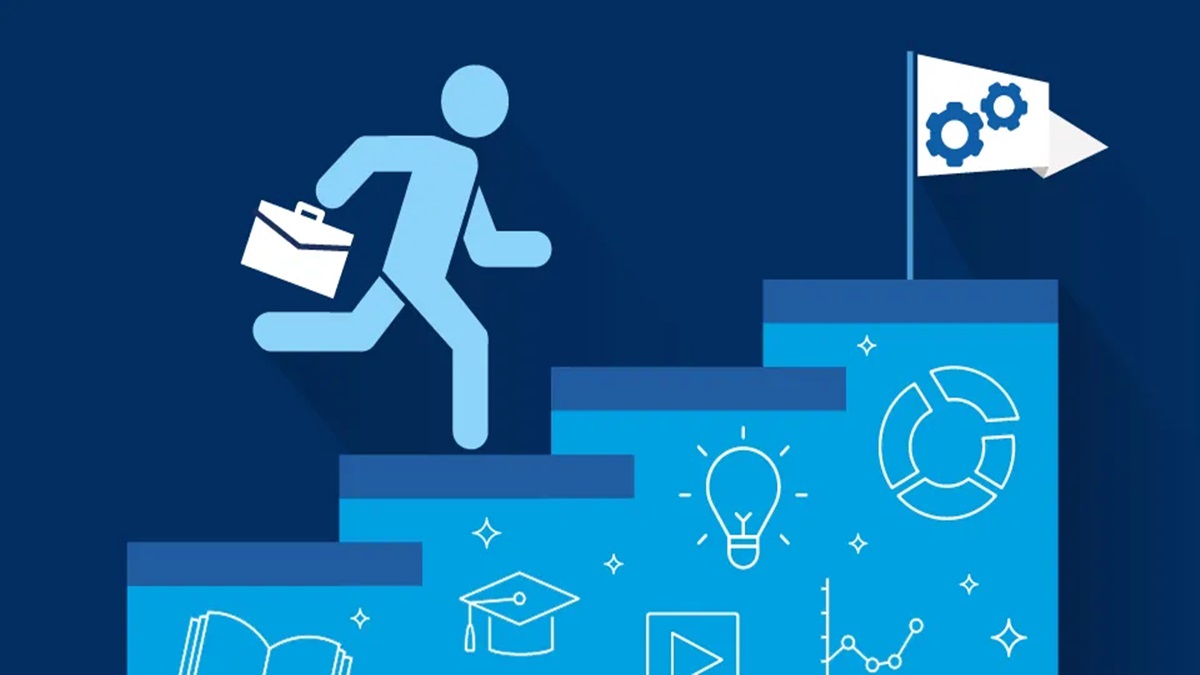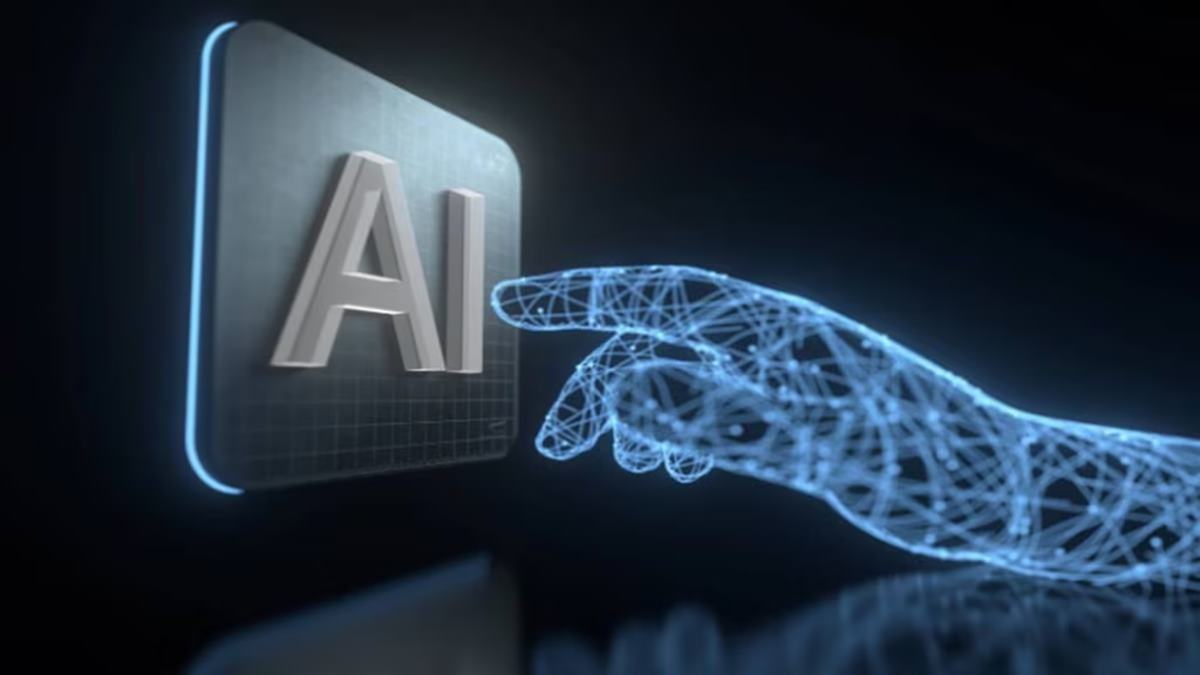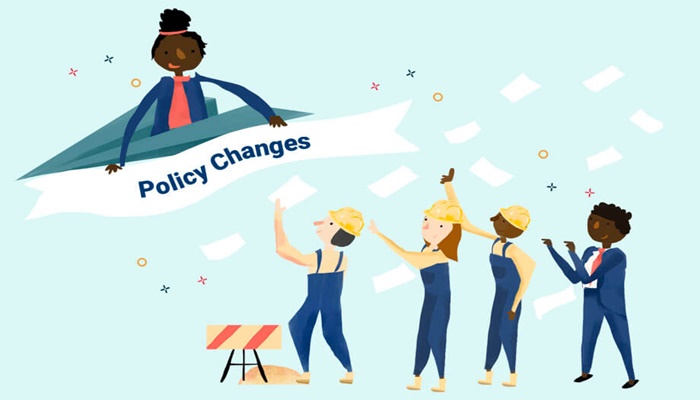Artificial intelligence (AI) continues to reshape the workforce, but its impact is not uniform across all demographics. Goldman Sachs’ senior economist Joseph Briggs has raised concerns about how AI automation is disproportionately affecting younger tech workers, particularly those from Generation Z. These early career professionals often occupy entry-level roles involving repetitive or routine tasks, exactly the kinds of jobs AI can now automate efficiently.
AI and the Vulnerability of Entry-Level Tech Jobs
Briggs notes that many junior tech roles involve routine or repetitive tasks that AI can now perform efficiently, leading to job losses among younger professionals aged 20 to 30. Since early 2024, the unemployment rate for this group has risen approximately three percentage points, outpacing broader labor market trends. These developments reflect how AI’s rapid advancements are transforming workplace dynamics and accelerating automation, particularly in sectors reliant on technical tasks.
Broader Economic Impact and Workforce Shifts
Goldman Sachs estimates that around 6 to 7 percent of the U.S. workforce could face displacement due to automation in the next decade. However, the firm projects that the peak rise in overall unemployment will be limited to about half a percentage point, as displaced workers find new roles or transition into other industries. Despite this, younger tech workers may experience delayed career progression and uncertainty as they navigate an evolving job market heavily influenced by technological change.
What Lies Ahead for Young Workers?
Looking ahead, young tech professionals must prioritize adaptability and continuous learning to thrive in an AI-driven labor market. Developing skills that complement AI such as creativity, strategic thinking, and interpersonal communication will be essential. Employers have a responsibility to invest in reskilling programs that enable workers to evolve alongside technology. Education systems should integrate AI literacy and critical problem solving into curricula to prepare students for future demands. Policymakers must also support workforce transitions by funding accessible training and re-employment services. Ultimately, young workers who embrace lifelong learning and flexibility will better navigate job disruptions and seize emerging opportunities in an increasingly automated economy.
FAQs:
Q1. What is artificial intelligence (AI)?
A1. AI involves machines performing tasks that usually require human intelligence, like learning and decision-making. It’s widely used to automate processes across various industries.
Q2. How does AI affect employment?
A2. AI can replace jobs that involve repetitive or routine tasks but can also create new jobs in technology and related fields. The impact varies by job type and industry.








